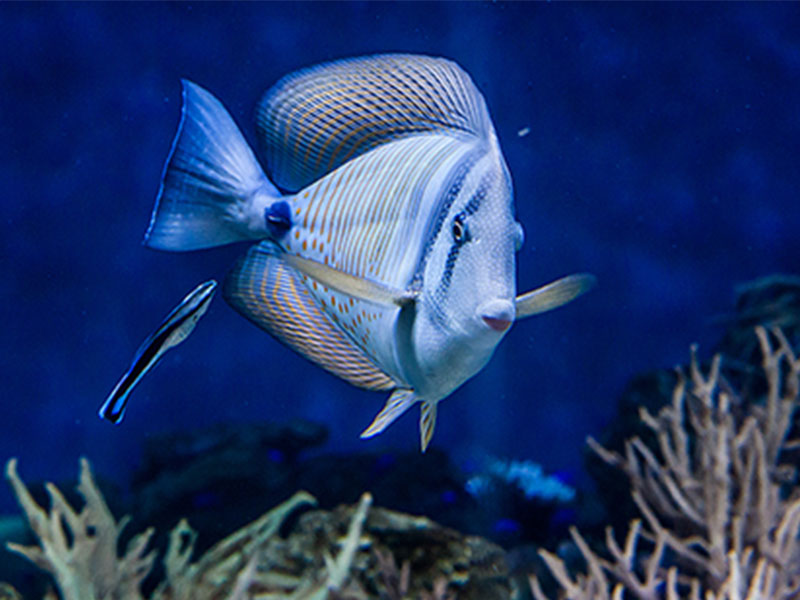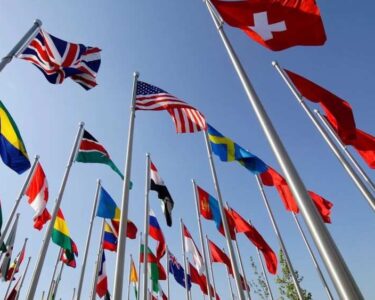Sri Lanka, an island nation adorned with emerald shores and teeming marine life, finds its ocean riches facing a growing tide of threats. Overfishing, pollution, and the looming specter of climate change have cast a shadow over coastal communities and the delicate ecosystems that sustain them. Yet, amidst these challenges, hope emerges in the form of the Blue Planet Fund, a beacon of international cooperation aiming to restore balance to Sri Lanka’s marine environment.
This £500 million initiative, spearheaded by the UK government, extends a helping hand to developing nations like Sri Lanka in their quest for sustainable ocean management. Through its Ocean Country Partnership Programme (OCPP), the Blue Planet Fund dives deep into four critical areas: marine biodiversity, sustainable seafood, marine pollution, and climate change.
On the frontlines of marine biodiversity, the OCPP collaborates with Sri Lanka to chart a course for comprehensive marine spatial planning. This meticulous mapping of the ocean’s resources and vulnerabilities, once absent, paves the way for the responsible designation and management of Marine Protected Areas (MPAs). Within these sanctuary zones, fragile ecosystems and precious marine life find refuge, allowing depleted fish stocks to recover and coastal communities to thrive.
Sustainable seafood production emerges as another crucial focus. The OCPP champions responsible fishing practices, tackling the rampant issue of overfishing through science-based quotas and awareness campaigns. This shift towards a balanced approach ensures long-term food security for generations to come and safeguards the vibrant tapestry of marine life.
The battle against marine pollution also finds a formidable ally in the Blue Planet Fund. From combating the scourge of plastic waste to addressing the alarming problem of ghost gear—abandoned fishing equipment—the OCPP fosters innovative solutions. Waste management systems are modernized, research into microplastics expands, and communities are empowered to tackle pollution at its source.
Climate change casts its long shadow over these efforts, and the OCPP recognizes the need for resilience. By promoting nature-based solutions and fostering sustainable resource management, coastal communities are better equipped to withstand the rising tides and unpredictable storms.
However, Sri Lanka’s path towards a healthy ocean is not without its challenges. Over 80% of its fish stocks have already been depleted, posing a significant threat to both tourism and local livelihoods. Post-harvest losses, a scarcity of technical expertise, and a weak legal framework create additional hurdles.
The Sri Lankan government needs to ensure the effective implementation of policies and regulations, while local communities must actively participate in conservation efforts.







